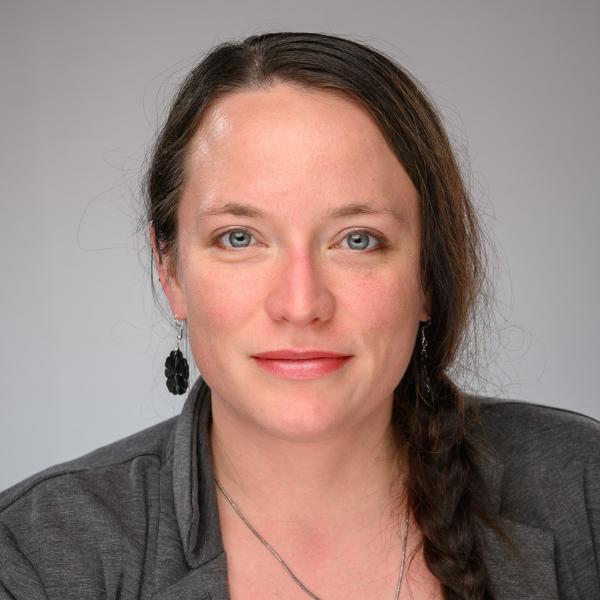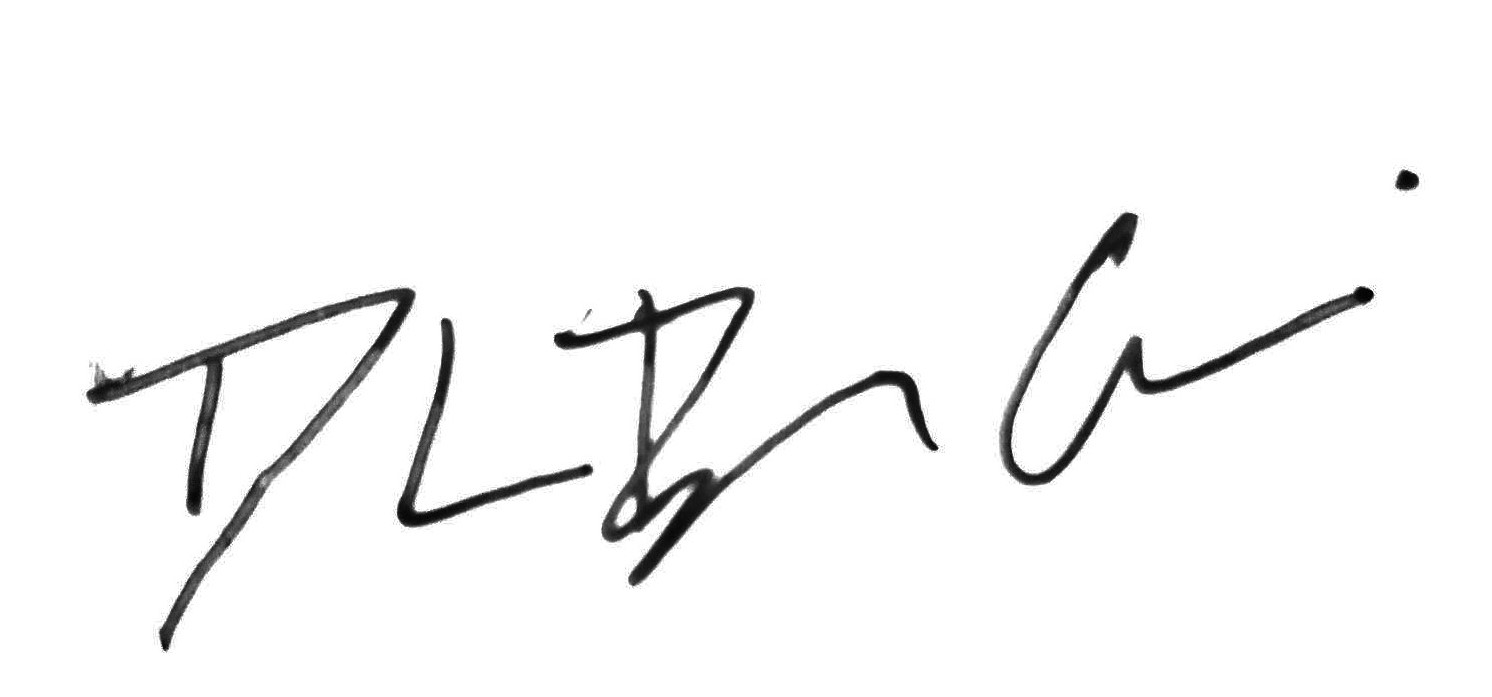 At ACLS, summers are a time focused on review and assessment, and we carefully monitor the progress of our programs and the scholars awarded our fellowships and grants.
At ACLS, summers are a time focused on review and assessment, and we carefully monitor the progress of our programs and the scholars awarded our fellowships and grants.
In the fellows’ reports and recently published work, we have been able to capture strong examples of the value of advanced training in the humanities and social sciences, and in many cases their relevance to solving urgent social problems. They respond powerfully to important questions about the value of humanities and social science degrees, particularly in a scarce academic job market. But the work of these fellows also demonstrates that humanistic methods, and the wide variety of skills learned in the PhD, are useful tools in ongoing struggles for equity and justice.
For example, the ACLS Leading Edge Fellowship Program, funded by the Mellon Foundation, is demonstrating that the intersection of social justice and scholarly work happens at the nexus of content, methodology, and the scholar’s own identity and relationship to the communities with whom they are in conversation. The program supports recent humanities and interpretive social sciences PhDs as they join social justice organizations across the country. Leading Edge Fellows’ past research, service, and scholarly biographies exemplify this program’s potential to connect dynamic, early-career PhDs with organizations positioned to direct their advanced skills and training into meaningful, career-building work toward social change. In addition to creating and contributing to critical social justice projects, they are discovering and developing connections between their doctoral training and the needs of the communities they serve.
The work of these fellows also demonstrates that humanistic methods, and the wide variety of skills learned in the PhD, are useful tools in ongoing struggles for equity and justice.
Kim Williams-Pulfer F’21 drew on multiple, overlapping humanities methodologies as she developed an evaluation process for her host organization, the Hurston-Wright Foundation, which supports and preserves the voices of Black writers. “My approach to research and evaluation is building a framework that incorporates the past, present, and future of an organization…this has allowed me, along with the Hurston-Wright team, to link pieces of their history with shared future aspirations by using interconnected research strategies. This also helped us to situate their work in the long history of Black literature in the US and beyond.”
Revati Prasad F’21, whose dissertation research focused on the political economy of media and the politics of technology in India, brought her expertise to the Institute for Local Self Reliance’s Community Broadband Initiative. She researches issues that Indigenous communities in the US face in accessing broadband internet, as well as their efforts to build and manage their own networks. The project allowed Prasad to develop her own relationships within the broadband community, which will transfer to her post-fellowship position at the Benton Institute for Broadband and Society.

My approach to research and evaluation is building a framework that incorporates the past, present, and future of an organization…this has allowed me, along with the Hurston-Wright team, to link pieces of their history with shared future aspirations by using interconnected research strategies.
Kim Williams-Pulfer
2021 ACLS Leading Edge Fellow
The 2022 ACLS Leading Edge Fellows are poised to discover similar connections and new opportunities. Kyle Wynter-Stoner F’22, who earned a PhD in Near Eastern Languages and Civilizations from the University of Chicago, will bring his Arabic language skills and previous experience with asylee communities in the United States to a role as a Communication Specialist at ACCESS’s Center for Arab Narratives.
Alison Turner F’22, PhD in English and Literary Arts from the University of Denver, has experience facilitating community writing groups in diverse settings from shelters for the unhoused in Denver to virtual groups with writers living in refugee camps in Kenya. As Research and Data Coordinator at Operation Shoestring in Jackson, MS, she will gather, produce and archive oral histories with community members in the neighborhoods of Midcity, Georgetown, and Midtown, exploring the roles of these neighborhoods in the struggle for Black civil rights and the impact of the organization’s youth and family focused programming.
These are just a handful of examples of the ways ACLS Leading Edge Fellows exemplify the public value of humanistic doctoral training and equitable community engagement. We are excited to continue to learn from our fellows and host partners, and expand this network in the coming year, as well as celebrate their work and share the progress of the Leading Edge Program. We are also collaborating with our member societies and institutions on continuing conversations about job diversity and academic career precarity: we will soon be issuing an RFP for social justice organizations interested in hosting a 2023 ACLS Leading Edge Fellow.
For now, I’ll close with the words of Lauren Jacobs, writer, organizer, and Executive Director of PowerSwitch Action, an ACLS Leading Edge Fellowship Program partner. Reflecting on the various challenges facing working communities, from global warming to white supremacy, she provokes us: “This is a winnable fight, and it starts in our own backyard.”
Sincerely,

Desiree Barron-Callaci
ACLS Senior Program Officer for US Programs
Desiree Barron-Callaci is a Senior Program Officer for US Programs. Desiree helps to coordinate and enhance ACLS’s efforts to connect, convene, and learn from our member societies, higher education partners, and community of fellows, with a particular focus on issues related to PhD career pathways and the public dimensions of humanities scholarship.
Meditations in an Emergency
By Cameron Awkward-Rich F’20
I wake up & it breaks my heart. I draw the blinds & the thrill of rain breaks my heart. I go outside. I ride the train, walk among the buildings, men in Monday suits. The flight of doves, the city of tents beneath the underpass, the huddled mass, old women hawking roses, & children all of them, break my heart. There’s a dream I have in which I love the world. I run from end to end like fingers through her hair. There are no borders, only wind. Like you, I was born. Like you, I was raised in the institution of dreaming. Hand on my heart. Hand on my stupid heart.




 At ACLS, summers are a time focused on review and assessment, and we carefully monitor the progress of our programs and the scholars awarded our fellowships and grants.
At ACLS, summers are a time focused on review and assessment, and we carefully monitor the progress of our programs and the scholars awarded our fellowships and grants.